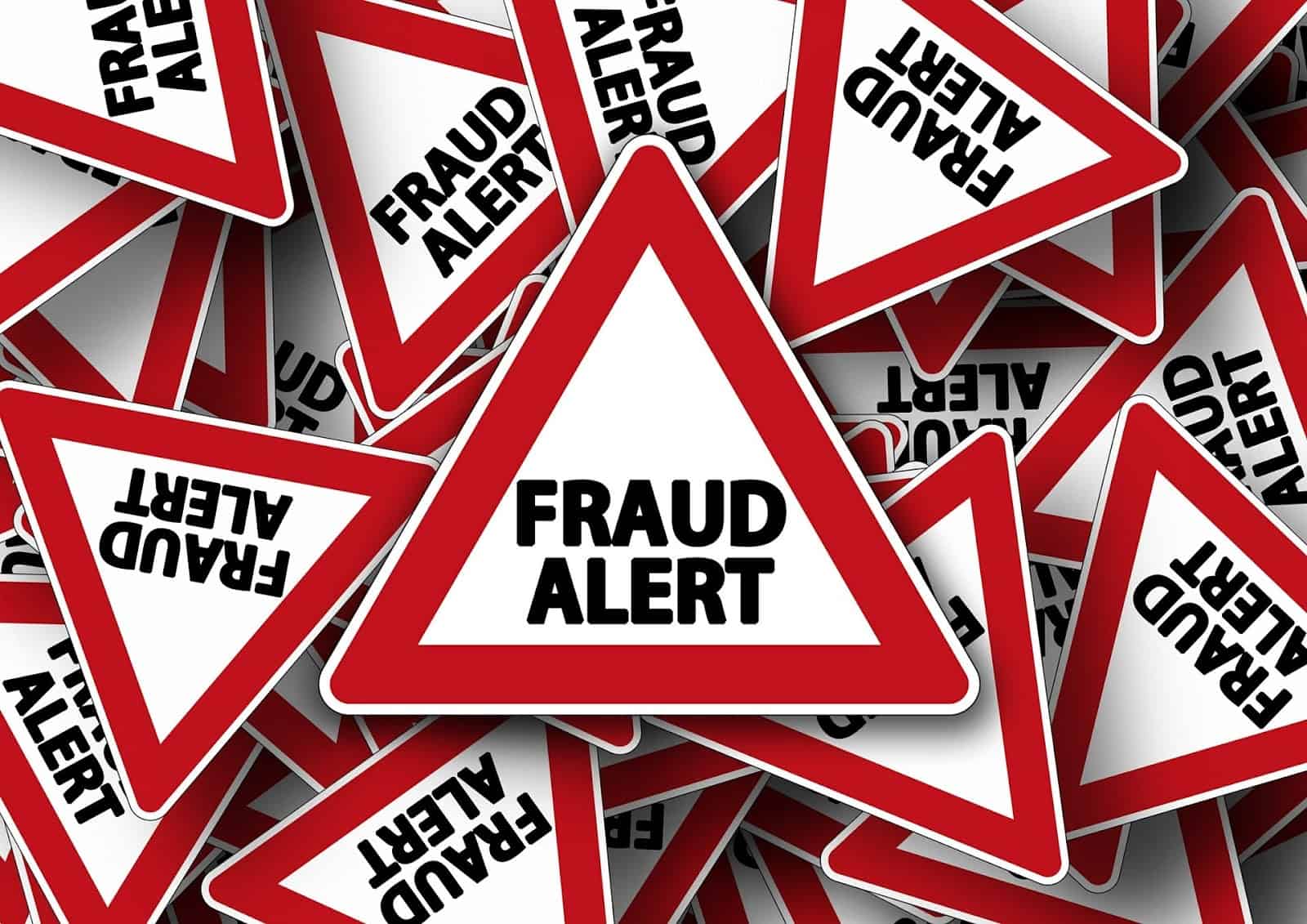What is business fraud?

It’s not uncommon to find business owners who think that their resources will be easier to manage because their businesses aren’t large, and so they can rest assured that they’ll never be cheated. But here’s a shocker: this isn’t true. In fact, research is proving that small businesses suffer more from fraudulent acts than large corporations, especially because they take fraud prevention for granted. Even worse, fraud is more damaging to small businesses than large ones.
As a small business owner, you should never rule out the possibility of fraud or underestimate the threat. Your business is always ‘under attack’ by some customers, your employees, and even you (see ‘Fraud in financial statements’ below). Read on to find out the types of fraud you may face at any stage of your business and how to prevent it. No matter what your business offering is, the tips explained below will help you keep fraud away from your doorstep.
So, what is business fraud all about?
In simple terms, fraud is criminal activity that results in a loss of business resources. For instance, fraud occurs when an employee steals your money or a customer illegally carts a product away. Small businesses are the most vulnerable to fraud for two major reasons: first, small business owners believe that all their employees or business partners are trustworthy, especially when the business owners are friends or relatives of these people; second, they believe that customers have no reason to steal from them. These beliefs prevent them from putting any measures in place to avoid fraud, and they keep losing as a result.
In most small businesses, fraud is committed in any or all of these three ways:
Theft
The Association of Certified Fraud Examiners (ACFE), the world’s largest anti-fraud organization, revealed that theft makes up the majority of business fraud. Theft takes many forms in business: a customer stealing items, an employee stealing cash, an employee reporting more expenses than they have made, and so on.
Asset misuse
Asset misuse refers to the theft of business assets. It could take the form of using a business credit card for personal wants, assigning salaries to employees who don’t exist and transferring the funds to personal accounts, or just outright theft of business property.
Fraud in financial statements
Financial statement fraud involves deliberate errors in the financial statements of a business. These errors could either be numbers recorded more or less than their true value, or figures omitted from the records.
The most common cases of financial statement fraud include omitting/understating liabilities in a company’s balance sheet and overstating business income by recording expected sales. Frauds in financial statements are committed to give financial statement users (investors and tax officers, for instance) a different impression of the business and bring undeserved benefits.
Small businesses fall into the traps of fraud for so many reasons, the most popular being that there are no formal procedures to checkmate fraud. Other reasons include the inability of staff to recognize fraud, familiarity among employees and business owners, and employees performing so many functions at the same time.
